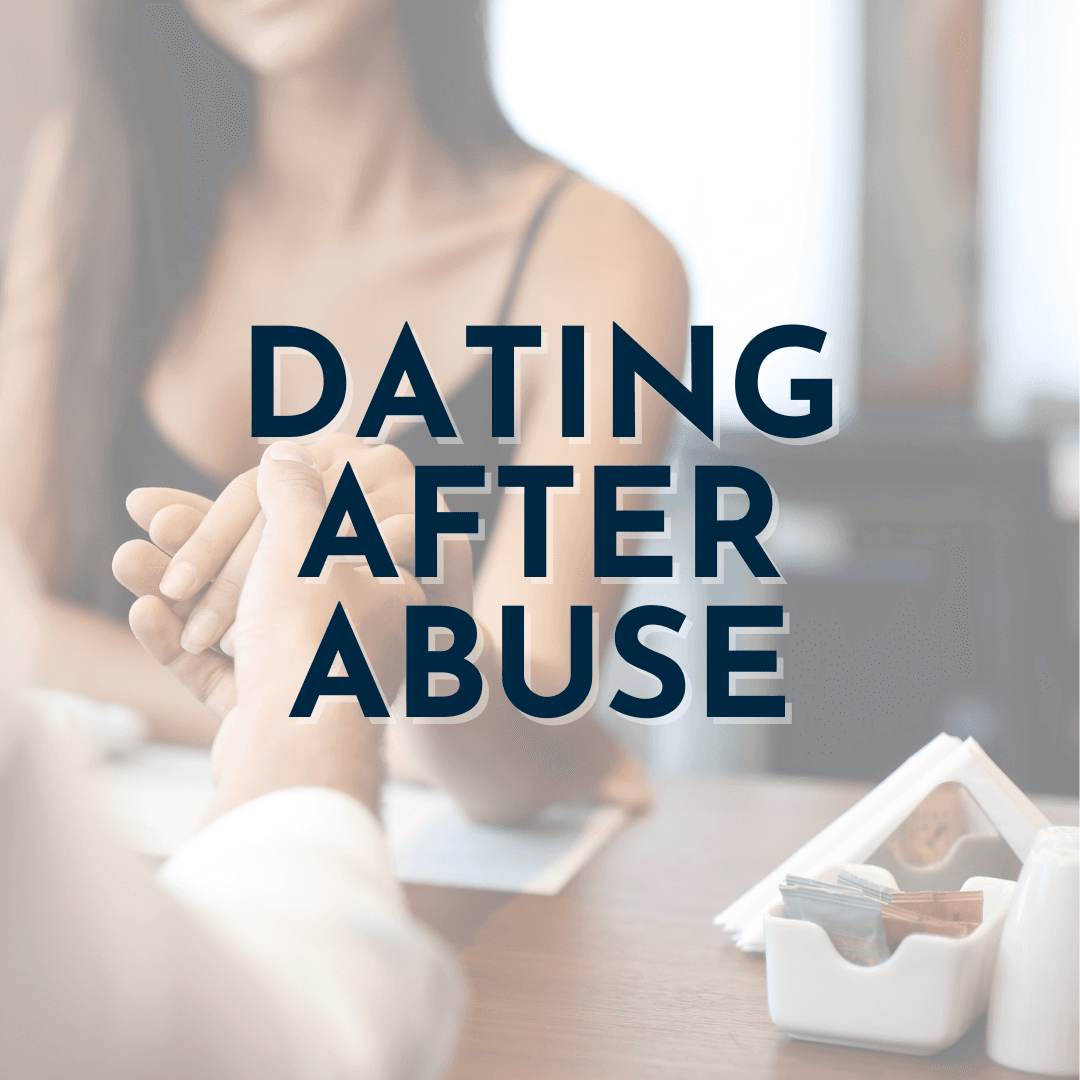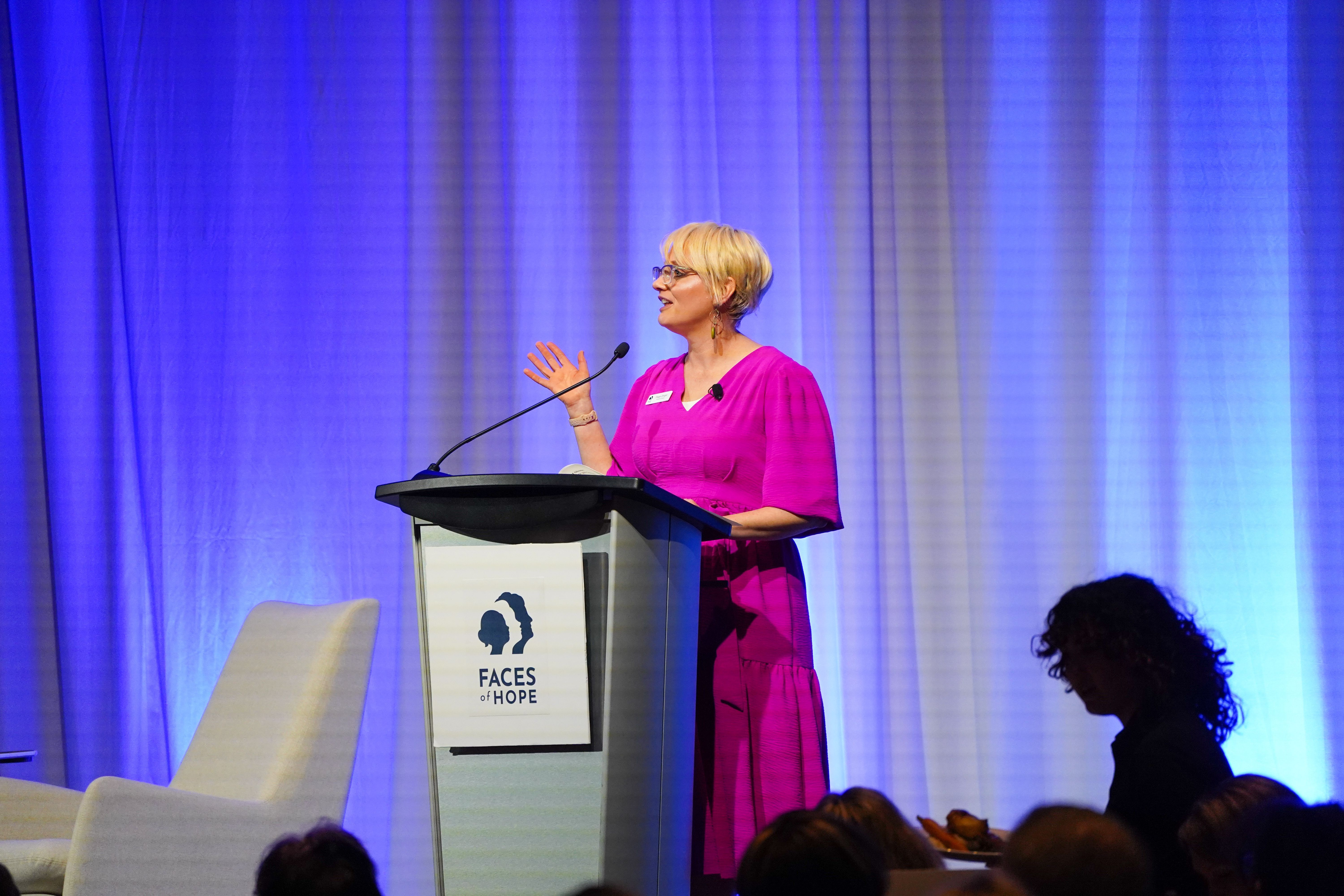
by Payton Avery, Faces of Hope Intern
Dating after an abusive relationship can be a challenging journey. It is crucial to approach this process with self-compassion, awareness, and a commitment to help rebuild healthy relationships. In this post, we will look into some key insights to help those trying to date after abuse.
1. Looking Inward and Identifying Patterns:
Begin by reflecting on past relationships to identify some of the harmful patterns. Acknowledge that old patterns tend to feel familiar, even if they are harmful. Recognizing behaviors such as love bombing (excessive gift-giving) that may lead to disappointment and being proactive in addressing them early on. Self-awareness is the first step towards fostering healthier relationships.
2. Prioritizing Trust and Taking Your Time:
Recovering from an abusive relationship requires prioritizing trust-building before entering into a new relationship. Take the time you need and don’t rush this process. Develop a partnership where trust is earned through shared values and genuine connections. Be cautious of things that signal the need to pause and reflect; this will ensure a healthy foundation for future relationships.
3. Nail Down Your Values:
Express your values clearly to become resilient against manipulation. Embrace self-awareness and set boundaries to foster positive relationships. This proactive approach empowers you to take control of your love life, ensuring that your connections align with your authentic self.
4. Tap Into the Power of Community:
Building a supportive community is crucial when healing from an abusive relationship. Trusted friends can offer support as you navigate dating again. Leverage their perspectives to shed light on any lingering old patterns and ensure that you enter new relationships with a strong support system.
5. Reentering the Dating World with Effective Strategies:
Navigating the dating scene after a long-term relationship requires effective strategies. Consider immersing yourself in group activities or communities that align with your interests. Whether it’s through classes or joining supportive communities, these can help rebuild trust and reduce feelings of isolation.
The journey to dating after abuse requires patience, self-reflection, and a commitment to personal growth. By looking inward, prioritizing trust, defining values, tapping into community support, and adopting effective dating strategies, you can navigate the path to a healthy relationship. Remember, healing is a long process, and each step you take is a success and helps to build fulfilling and positive relationships.
Sources:
https://besttherapies.org/dating-after-an-abusive-relationship/
https://www.thehotline.org/resources/dating-after-domestic-violence/
https://www.loveisrespect.org/resources/dating-after-abuse/



